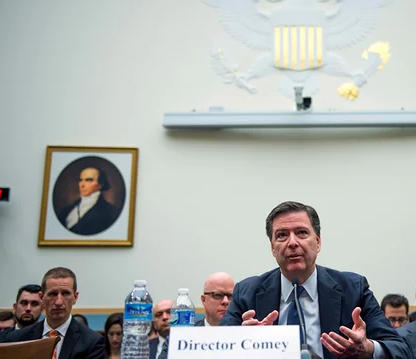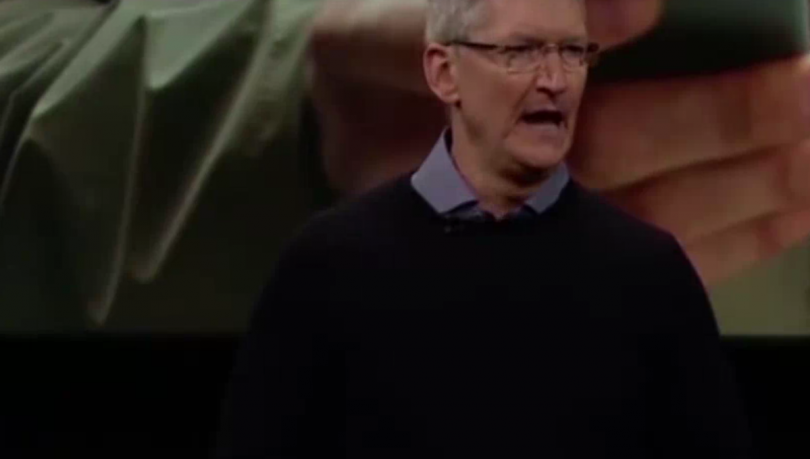aNewDomain — The U.S. government has dropped its phone-unlocking case against Apple, but don’t think this thing is over. The San Bernardino case was far from the first time the government pressured Apple or Google to unlock a phone used in a criminal case — and likely it won’t be the last, an American Civil Liberties Union investigation revealed today.
The ACLU dug through court cases to see how often, if ever, the government has relied on a statute called the All Writs Act to get the firms to let them into locked phones. There were at least 63 other phone-unlocking cases, the ACLU concluded. It could not tell how many of those efforts were successful.
In the most recent Apple case, the U.S. Department of Justice had cited All Writs in order to get a judge to order Apple to write software that would make it easier for federal investigators to guess the iPhone 5c passcode of San Bernardino Syed Farook.
 The DOJ withdrew its case earlier this week, saying the FBI managed to find someone that could hack into the phone without Apple’s help.
The DOJ withdrew its case earlier this week, saying the FBI managed to find someone that could hack into the phone without Apple’s help.
Lawyers from Apple, Google, Microsoft and Facebook were among those who argued that it would create too big of a precedent under All Writs.
The DOJ dropped the issue before the San Bernardino judge was able to rule one way or the other.
Lawyers for the government have said all along that it had successfully used All Writs to get hardware firms to unlock phones around 70 times in the past. The ACLU found 63 confirmed All Writs cases in court records going back to 2010, including 14 in California, five in Illinois and 12 in New York, a spokesman said.
Alex Abdo of the ACLU, which supported Apple throughout this recent case and filed an amicus brief in support of the tech giant, this week ridiculed the government’s announcement that it was dropping the case because it had managed to crack the phone on its own.
“This suggests that the FBI either doesn’t understand the technology well enough or wasn’t telling us the full truth earlier when it said that only Apple could break into the phone. Either possibility is disconcerting,” Abdo said.
On several occasions throughout the recent case, the government had stated under oath that it wasn’t “able” to get into the phone, something cybersecurity experts and even Apple co-founder Steve Wozniak had said was unlikely to be true.
FBI director Jim Comey, who is largely responsible for the case’s high profile, said that Hollywood often falsely portrays it as being all-powerful tech wise, but that just isn’t true.
Observers tell aNewDomain that the government’s withdrawal of its All Writs request doesn’t in any way lay the issue to rest. They expect other cases to reopen the controversy soon.
For aNewDomain, I’m Jim Kelly.
Additional reporting by Gina Smith.
Cover image of Apple CEO Tim Cook pledging he would fight efforts to build an iOS backdoor for the government: Reuters, All Rights Reserved. Inset, image of FBI Director Jim Comey testifying in San Bernardino: EPA, All Rights Reserved.













